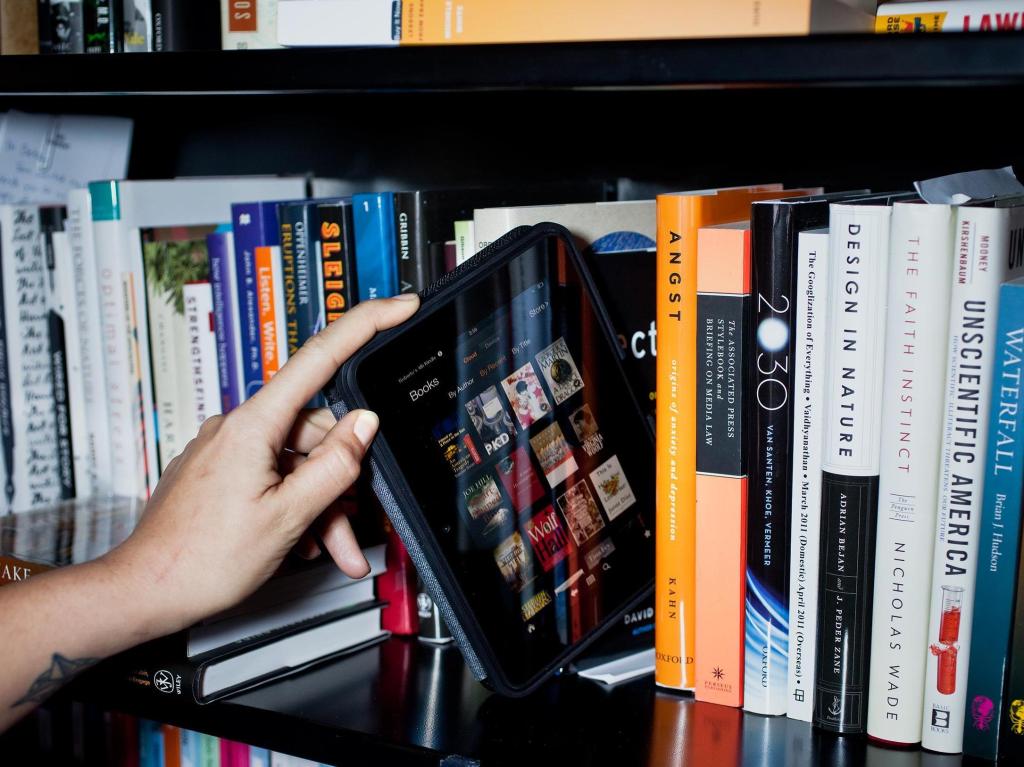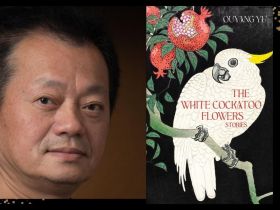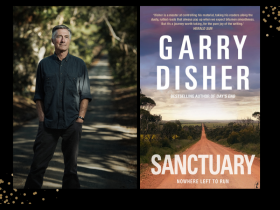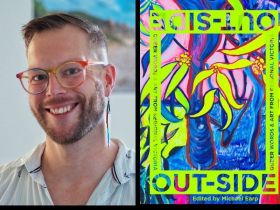A new study has found 16 to 24 year olds prefer buying printed books to eBooks.
Recent research by British marketing group Voxburner found that 62 per cent of this demographic surveyed would rather buy a physical book than purchase a copy of the same book for a digital reading device.
As referenced in Voxburner’s Buying Digital Content Report, which sourced and surveyed 1,420 respondents in the UK between 24 September and 18 October this year, 17 per cent of respondents felt eBooks need to be 75 per cent cheaper than current market prices.
Only eight per cent of young people found eBooks to be reasonably priced and over a quarter thought the price of eBooks should be halved.
As a young woman who could comfortably locate myself within this demographic if we presume such findings are transferable across the equator, I find myself siding with the majority.
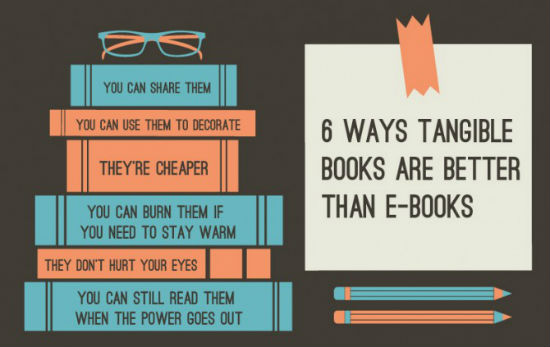
Nothing beats the smell, the weight and the wonder a physical book presents. I nurture the opportunity to flip through a book’s pages, making my own creases in the spine and being able hold it close to my heart. While I personally am not a fan of dog-earing page corners, it too, is a physical sensation unavailable to those who choose the digital path.
Voxburner found the top-rated reasons for preferring physical to digital books were ‘I like to hold the product’ (51 per cent), ‘I am not restricted to a particular device’ (20 per cent), ‘I can easily share it’ (10 per cent), ‘I like the packaging’ (9 per cent), and ‘I can sell it when used’ (6 per cent). These physical and emotional experiences are simply unavailable when it comes to eBooks.
Readers may benefit from being able to enlarge the font size of their eBooks, but with so many hipsters wearing glasses these days, that’s hardly a concern for today’s young adults.
I gain so much satisfaction from slowly lifting up the bottom corner of the right-side page whilst reading intently and swiftly through an all-enveloping story, before the climax of reaching that last visible word and slamming the page down on its head to continue without breaking rhythm.
Then there are the smells of a freshly printed page, or the history of the second-hand book purchased from a little bookstore in a country town after accidentally forgetting how amazing reading can be, relishing in some free time and subsequently finishing a book faster than expected, on a weekend away.
Bookshelves are a unique window into a person’s interests, past and knowledge. If I were to store my books virtually, I’d be without the ready reminder of who I’ve become through reading, each time I pass the shelves.
In an interview with The Guardian, Voxburner spokesman, Luke Mitchell extended this sentiment, reiterating that ‘books are like status symbols, you can’t really see what someone has read on their Kindle’.
Additionally, eBooks lack character. As Gerard Ward of Voxburner notes, most eBooks use standard fonts and contain fewer images due to the lack of colour available on many devices.
I admit, I don’t own an eReader of any sort. But, I also have very little interest in doing so.
Where is the pleasure of cuddling up in front of the open fire on a wintery night but having to worry about the heat adversely affecting the electrical components of my ‘book’? I want to be able to sit as close to the heat as I want, and observe the shadows of the flames illuminate and shade different parts of my page as they flicker.
Yes, I am highly dependent on my smartphone and many other technological devices. However, as Mitchell suggested to publishers in an interview with British trade journal, The Bookseller, it might pay to reconsider their pricing hierarchy.
‘The report suggests that publishers should look at how young people download content, because although about 85 per cent have a smartphone, only 55 per cent have some kind of eReader’, Mitchell said.
So, eBooks may be convenient and available at the drop of a hat (or the tap of a screen), but isn’t the kill of the chase a significant element of the reading experience? Browsing, scouting and landing the coveted paperback only heighten my desire to jump in once the pages fill my hands.
